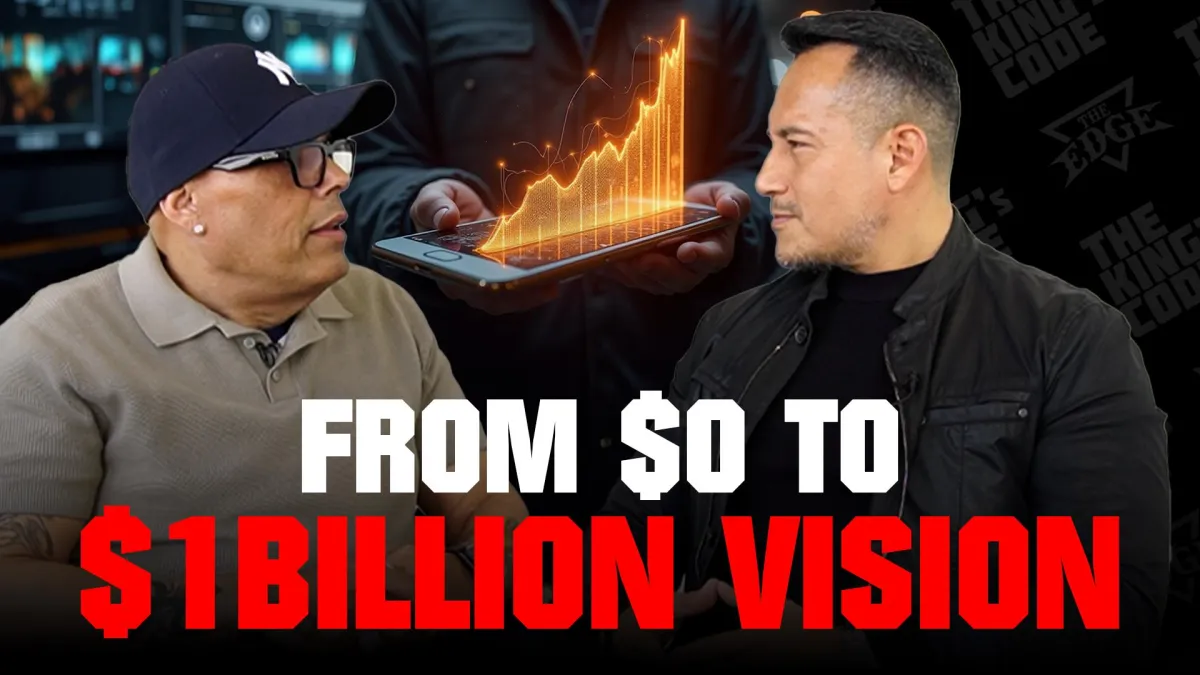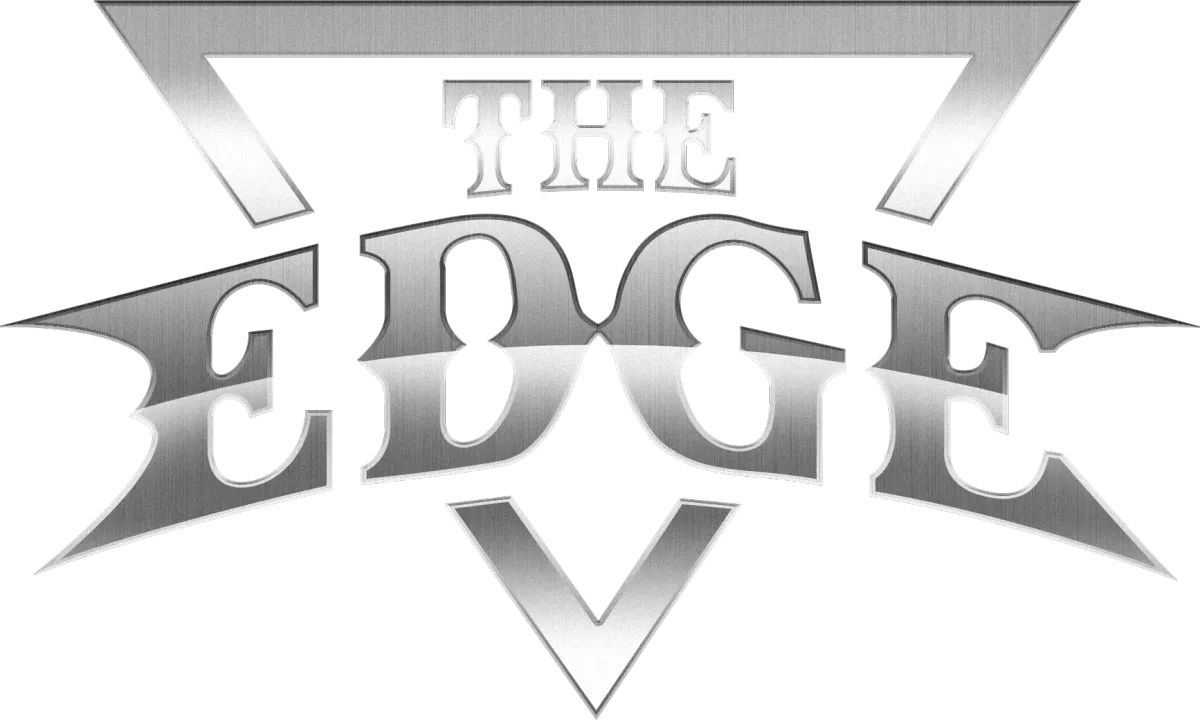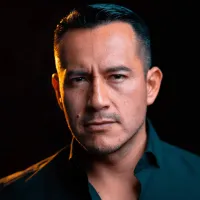
You Don’t Need to Be Perfect—You Need to Start
For the latest episode of the King’s Code Podcast, I had the privilege of sitting down with someone who embodies the spirit of grit, reinvention, and cultural pride—Hugo Sanchez. If you haven’t heard of him yet, you will. Hugo is not just building a business; he’s building a movement. From humble beginnings in Puerto Rico to owning dry cleaners in Brooklyn, and now launching a tech company designed to help professionals monetize their expertise, Hugo represents what it means to rise up, stay authentic, and lead with vision.
When I first met Hugo, what struck me wasn’t just his drive—it was his realness. He doesn’t hide behind fancy words or filters. He’s the same man in front of a camera as he is off it. His story begins with struggle, like so many of ours do. He worked as a $5-an-hour plumber’s helper, worked his way up to being a highly-paid supervisor, and then saw an opportunity and purchased a dry cleaning service in Williamsburg.
But what separated Hugo from the average entrepreneur was his ability to see opportunity in overlooked places. He observed how clients interacted with their environments—how they dropped off laundry in high-rise buildings—and thought, "There has to be a smarter way." That thought process led to breakthroughs in his dry cleaning business.
But Hugo didn’t stop there. He saw the bigger picture. He sold everything and poured his energy into building a tech app—Modi—that connects professionals to clients in an intuitive, value-driven way. It wasn’t just about creating a product. It was about solving a real-world problem, using the tools of technology to empower people. And Hugo wasn’t interested in short-term wins. He’s here to build something lasting, something that reflects his values and his community.
What really resonated during our conversation was his commitment to authenticity. We live in a world where people chase fame, filters, and followers. Hugo? He went viral simply by being honest. A short interview with him went viral, hitting nearly 20 million views in a few days. Why? Because people crave authenticity. They don’t want to be sold to—they want to be seen, heard, and understood. Hugo has mastered the art of connection because he shows up as he is, not who he thinks the world wants him to be. And that was evident even in an on-the-street interview that lasted only a minute.
This is what we need more of in leadership—especially in the Latino community. Representation matters, but it’s not just about checking a box. It’s about creating pathways. Hugo told me flat out, "I’m not trying to be a billionaire for the yacht—I want to be the first Latino CEO of a billion-dollar tech company because we deserve to have that seat at the table." That mindset is powerful. It’s not about ego; it’s about responsibility.
We talked a lot about the gaps in the tech industry. How few Latinos are in leadership. How often our community gets looked over, or worse, underestimated. But instead of complaining about the system, Hugo is changing it from the inside. He’s not asking for a handout—he’s building a product so good it can compete with Zoom or Microsoft Teams. He’s saying, "Don’t invest in me because I’m Latino. Invest in me because I’ve built something worth believing in."
And that, right there, is the lesson: your identity is powerful, but it’s your execution that creates opportunity. Hugo shows us what’s possible when you blend culture with competence, when you lead with heart and back it up with results. We need more founders like him. We need more men like him.
We also touched on something deeper—something that goes beyond tech or business. The emotional journey. The healing. Hugo opened up about the lack of spaces for men to process their struggles. He said, "Men don’t have a place to go. There’s nothing for a man to heal him." That hit home for me. Because leadership isn’t just about strategy—it’s about emotional fitness. And part of being emotionally fit is being honest about your pain and having the courage to grow through it.
This episode wasn’t just an interview—it was a masterclass in reinvention. It was a reminder that you don’t have to start perfect, you just have to start. That where you begin doesn’t determine where you end up. And that authenticity, faith, and relentless work ethic still matter in a world obsessed with shortcuts.
Hugo Sanchez is living proof that the American dream is still alive—for those who are willing to earn it. And not just for themselves, but for their families, their communities, and the generations coming after them. If you want to know what it looks like to build something that lasts, to do it without selling out who you are, and to pave the way for others as you rise—this conversation is your blueprint.
FIND YOUR EDGE IN 100 DAYS
Unsure where to start? Explore our programs here.






